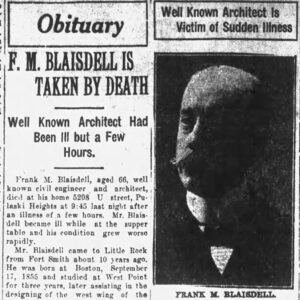 Frank Blaisdell Obituary
Frank Blaisdell Obituary
Time Period: Early Twentieth Century (1901 - 1940)
 Frank Blaisdell Obituary
Frank Blaisdell Obituary
Blaisdell, Frances Lillian (F.L.)
Blaisdell, Frank M.
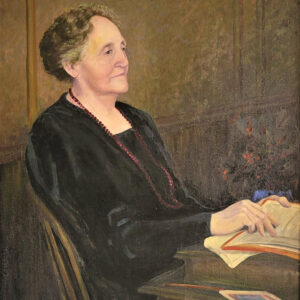 Estelle McMillan Blake
Estelle McMillan Blake
Blake, Estelle McMillan
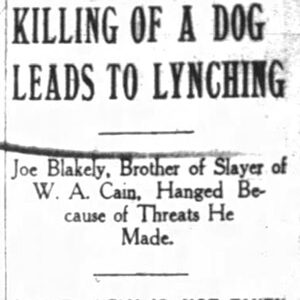 Blakely Lynching Article
Blakely Lynching Article
Blakely, Joe (Lynching of)
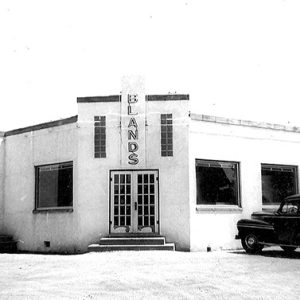 Blands Cafe
Blands Cafe
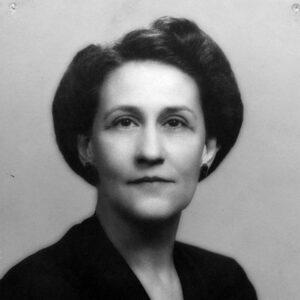 Isabel Blass
Isabel Blass
Blazes, Albert (Lynching of)
aka: Albert Blades (Lynching of)
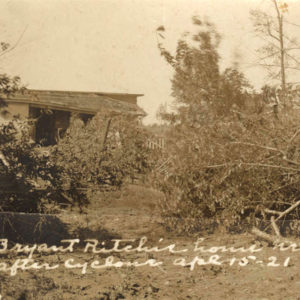 Blevins Tornado, 1921
Blevins Tornado, 1921
 Blooms in May by Inez Whitfield
Blooms in May by Inez Whitfield
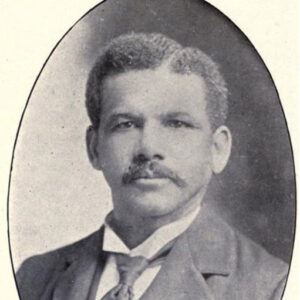 Josiah H. Blount
Josiah H. Blount
Blount, Josiah Homer
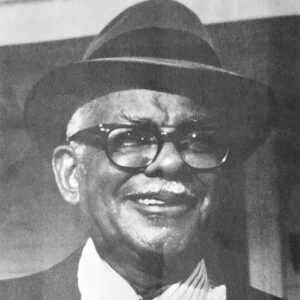 Scott Bond Blount
Scott Bond Blount
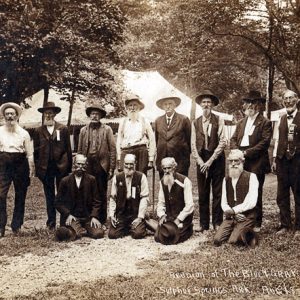 Blue and Gray Reunion
Blue and Gray Reunion
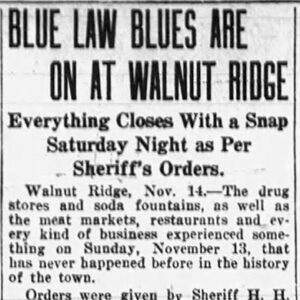 Blue Law Closings
Blue Law Closings
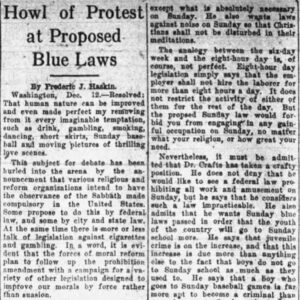 Blue Laws
Blue Laws
Blue Laws
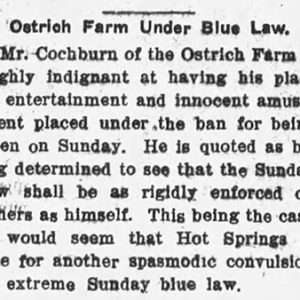 Blue Laws Article
Blue Laws Article
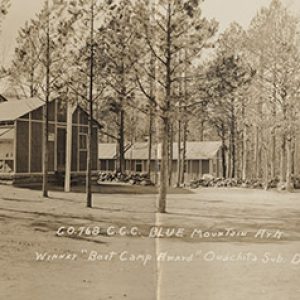 Blue Mountain CCC
Blue Mountain CCC
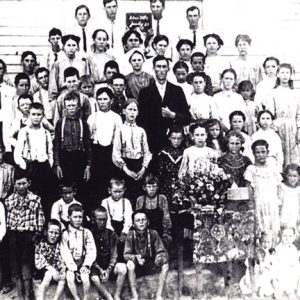 Blue Mountain School
Blue Mountain School
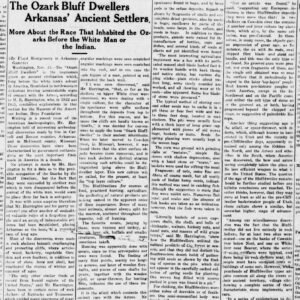 Bluff Dwellers Article
Bluff Dwellers Article
 Blytheville Coca-Cola Plant
Blytheville Coca-Cola Plant
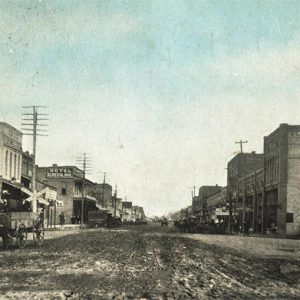 Blytheville Street Scene
Blytheville Street Scene
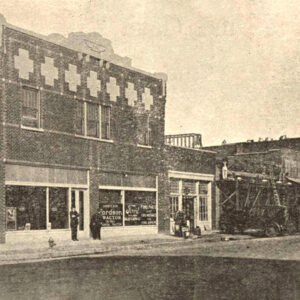 Blytheville Street Scene
Blytheville Street Scene
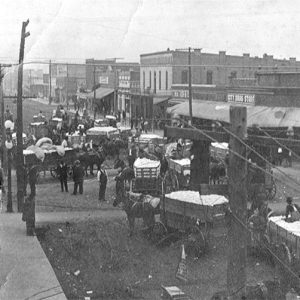 Blytheville Street Scene
Blytheville Street Scene
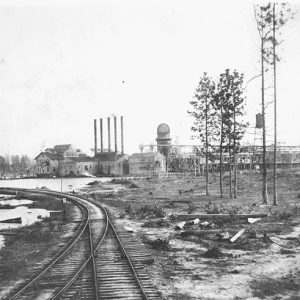 Bodcaw Lumber Co.
Bodcaw Lumber Co.
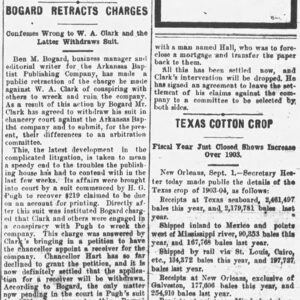 Bogard Lawsuit Dismissed
Bogard Lawsuit Dismissed
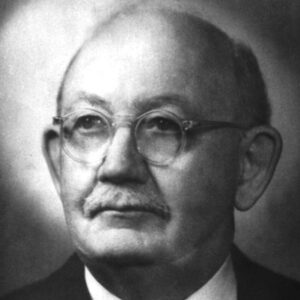 Ben Bogard
Ben Bogard
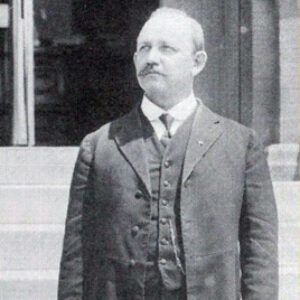 Benjamin Bogard
Benjamin Bogard
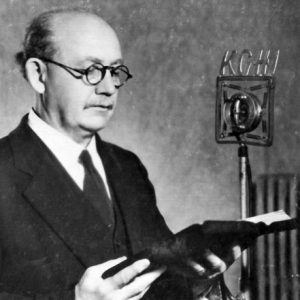 Benjamin Bogard
Benjamin Bogard
Bogard, Benjamin Marcus
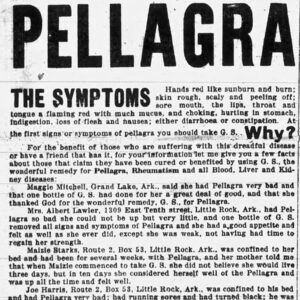 Bogus Cure
Bogus Cure
Bohlinger, Neill
Bolling, Raynal Cawthorne
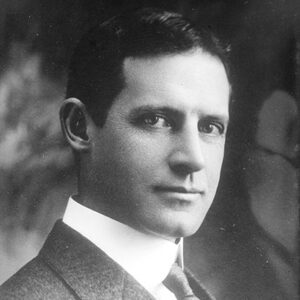 Raynal C. Bolling
Raynal C. Bolling
Bonanza Race War of 1904
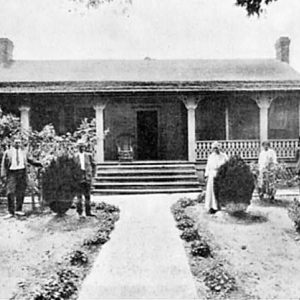 Scott Bond's House
Scott Bond's House
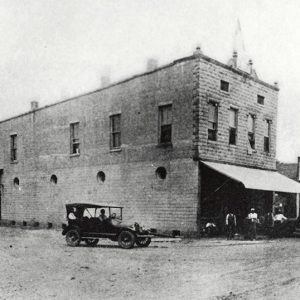 Bond Store
Bond Store
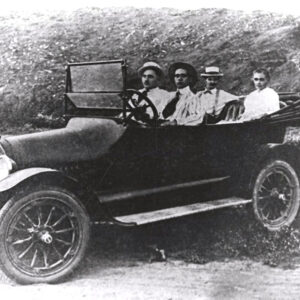 Scott Bond Family
Scott Bond Family
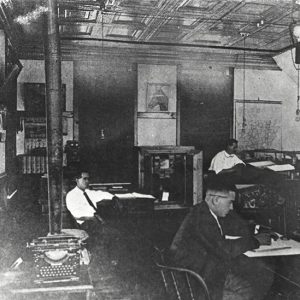 Scott Bond Office
Scott Bond Office
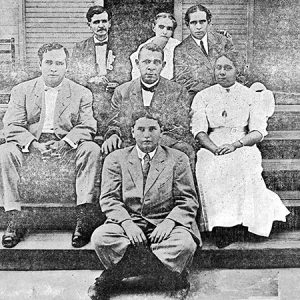 Scott Bond Family
Scott Bond Family
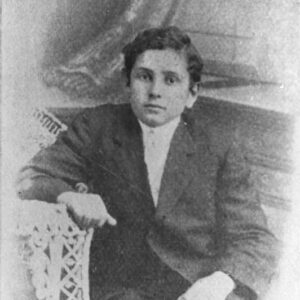 Ulysses Bond
Ulysses Bond
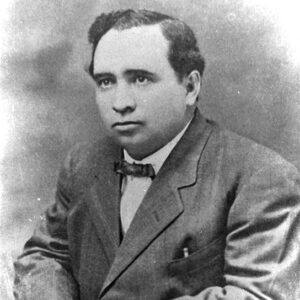 Waverly Bond
Waverly Bond
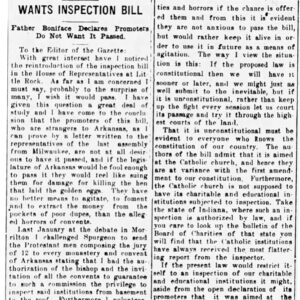 Boniface Letter
Boniface Letter
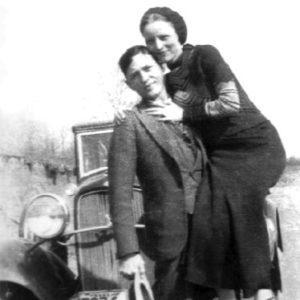 Bonnie and Clyde
Bonnie and Clyde
 Bonnie and Clyde "Death Car" Handbill
Bonnie and Clyde "Death Car" Handbill
Bonnie and Clyde
aka: Barrow Brothers
aka: Barrow Gang
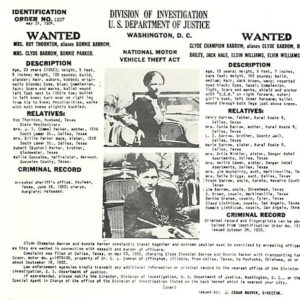 Bonnie and Clyde Wanted Poster
Bonnie and Clyde Wanted Poster




